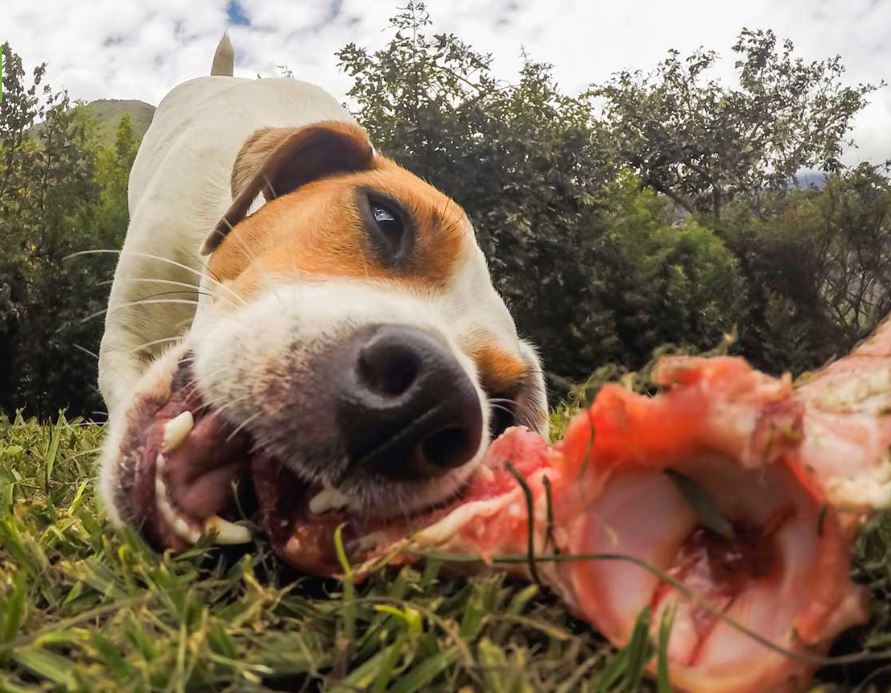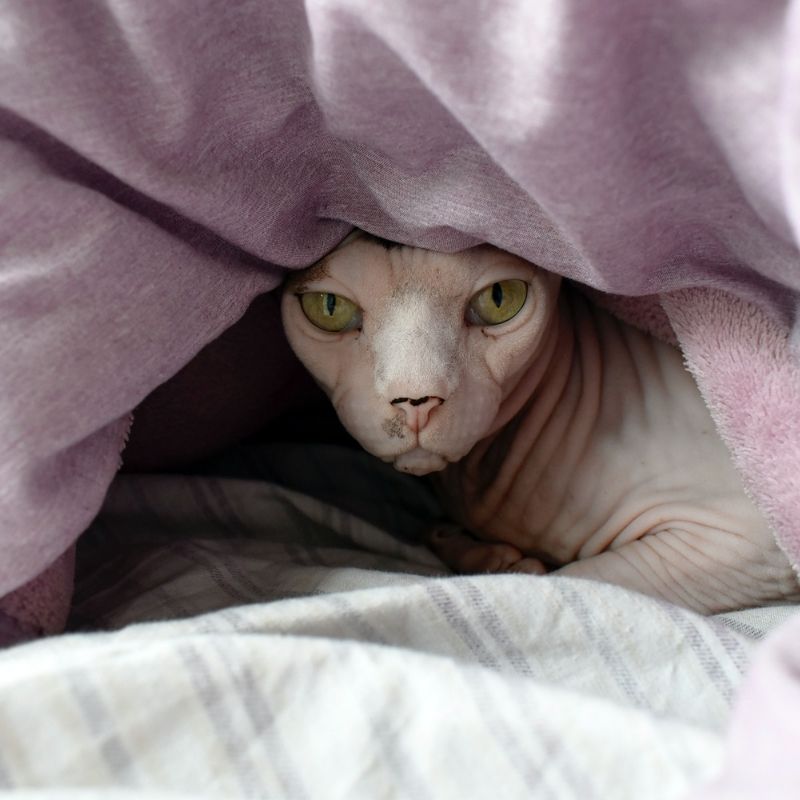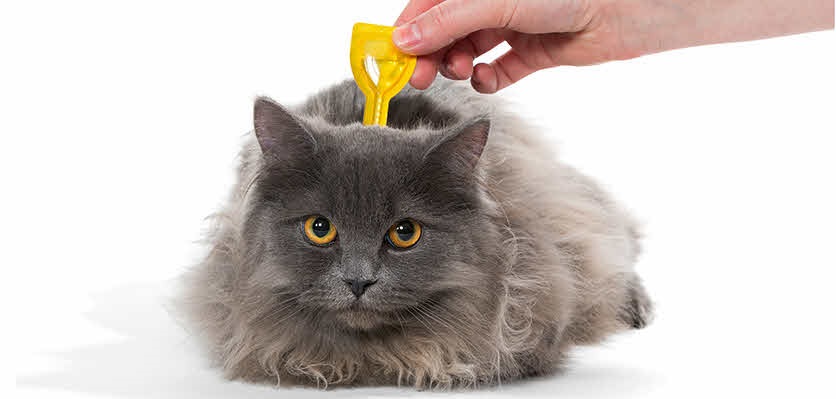As proud pet parents, we all like to think that every decision we make regarding our cherished animal companions is right and supports their well-being. This month’s blog highlights some of the most common pet-parenting pitfalls and how to avoid them.


Impulse Buying or Adopting
Scrolling through social media pages and seeing all the beautiful, bouncy puppies and kittens or the golden oldies whose grey muzzles tug at the heartstrings is so tempting! Hard as it is, try to take an objective step back – be 100% sure you have the finances, time and energy to invest in a new addition to the family before taking the leap and buying or adopting a new pet. The decision to extend the furry (or feathery or scaly) family should always be planned, with all members of the household contributing and committing to providing the care and support the new pet will need. Pet medical insurance, socialisation, desexing and annual vaccinations, parasite control, activities and stimulation for the pet should all form part of these family discussions.
Feeding Table Scraps
“Treating” pets by feeding them human food snacks may seem like an act of love, but it isn’t a good idea. Our foods generally have added colourants and flavourings, which may be harmful to our pets, and they also often contain plenty of salt and fat, which isn’t good for them. Some human foods like chocolate, onions and garlic, raisins and artificial sweeteners are toxic to pets. Treating with human food can cause tummy upsets, fussiness around food and obesity. We’d be happy to help you choose balanced treats your pet will love and even suggest non-food-related treats (e.g. catnip for kitties or games and activities).


Giving Dogs Bones
We may have grown up with the concept that bones are a natural food for dogs, and sayings like “give a dog a bone” don’t help. In truth, bones present several possible dangers for dogs, including choking hazards, digestive tract damage, mouth and teeth injury, gastrointestinal blockage and serious constipation. Scores of yummy chew options are available these days, many with dental care benefits to help keep your dog’s pearly whites in great shape.
Giving Cats Milk
Another famous myth is that cats should be fed dairy products like milk and cream. Cats don’t have the enzymes required to break down these substances effectively. While they may enjoy drinking milk and cream or eating cheese, these products can cause tummy upsets and discomfort for Felix and Cleo. Fresh water is the best form of hydration for cats, and they often don’t drink enough. Many cats prefer drinking running water, and various water fountains are available to encourage felines to keep hydrated.


Leaving Pets and Small Kids Unsupervised
Young children lack the experience of picking up on cues from pets that make them uncomfortable, frightened, irritable or unwell. Kids love to hug and kiss animals, as they do with human friends and family, and these actions can be overwhelming to pets and may even result in a distressed animal biting or lashing out. Toddlers may even pull ears and tails, stand on pets, or poke fingers in their eyes, noses or mouths, often with tragic consequences. Children should be taught as young as possible how to interact respectfully with animals, how to read their body language and approach them with care and consideration. And, at ALL times, they should be supervised by a responsible adult who can intervene if a child oversteps the pet’s boundaries or if a large, bouncy puppy behaves in a way that may frighten a small child. With careful guidance, kids and pets can develop a mutually respectful bond that both parties thrive in.


Not Socialising Pets
Nobody enjoys being around a pet who runs amok, steals food at family gatherings, is rambunctious or aggressive, or fears any new experience. Socialising your new puppy or kitten will help them adapt to new environments, people and animals confidently, respond to verbal cues and be flexible enough to include in different activities with the family.
Chat with us about Cronulla Vet Clinic’s superb Puppy Preschool course – a programme guaranteed to help you prepare your new pup for success. In the Sutherland Shire, we’re fortunate that we don’t often see “the Lethal 3” viruses, which cause parvo, distemper and hepatitis. This means that puppy parents can walk their pups on local footpaths, bring them to Puppy Preschool to meet other puppies and expose them to other socialising opportunities without having to wait until two weeks after the final puppy vaccination (given at 16 weeks) before venturing out. Exposure to earlier positive and neutral experiences helps puppies assimilate these as their ‘normal’.


Not Providing Enough Litter Trays
Cats are, by nature, private creatures, which certainly extends to their toileting habits. Adhering to the general 1+1 rule for cats means that there should be one food bowl, water bowl and litter tray for each cat in a multi-cat household, plus one extra. Spreading the litter trays around the house in low-traffic areas means that each cat can feel comfortable doing his business in private without the threat of being “ambushed” by another pet. It goes without saying that trays should be kept meticulously clean; otherwise, cats might avoid using them and end up with health complaints as a result.


Not Providing Adequate Stimulation
Pet animals are generally kept in contained environments (e.g. indoor cats not having access to the outdoors or dogs being confined within the property), which can quickly become unstimulating. Our pets rely on us to continuously introduce interesting activities, toys and objects to keep them mentally alert and/or to allow them access to new environments to experience. Indoor cats should be provided with elevated surfaces to climb on and aerial vantage points, as well as scratch posts to indulge their need to scratch-mark their territory and keep their claws in good condition. Dogs can memorise every scent in an average-sized home and garden within half an hour of arrival, and they rely heavily on new sights, sounds and smells to keep things interesting. This is why you get such a thorough sniff-down when you arrive home, bringing “news from the outside world”.


Skipping Parasite Control
A common mistake is thinking that ticks, fleas and worms vacation to warmer climes during the autumn and winter months and that avoiding dosing parasite treatments over this period might be okay. Ticks and fleas can thrive in our warmed winter homes and present just as much danger to our pets as they do in summer. They also love to hide out in piles of decomposing leaves – which dogs love diving head-first into! Deadly paralysis ticks are a particular menace in shrubby areas frequented by native animals like possums and bluetongues and even right in our backyards.
Walking Untrained Dogs
Lead training should happen in a safe, confined environment. Always get a vet’s, behaviourist’s or puppy preschool facilitator’s advice on which type of collar, lead, harness or other walking devices (e.g. Halti, front-attach harness) best suit your dog’s breed/size, age and health status.
Seeking guidance from a registered behaviourist before taking a nervous dog out of his comfort zone will prove invaluable in helping him gain confidence. Introverted dogs who don’t enjoy being approached by people or other dogs can be walked in a yellow bandana – the internationally recognised sign worn by dogs who may react unpredictably. Many dogs and their humans have not had the chance to get to know one another and train together from Day One (e.g. dogs adopted from shelters) but seeking guidance from a registered professional can help ensure that you and your dog can enjoy new experiences and environments together in a positive, supportive way that builds confidence.
Our team members at Cronulla Vet Clinic are your partners in pet parenting. We are always available to answer your questions and help you ensure your beloved companion animals stay healthy and that your home and the outside environments you choose to share with them are safe and stimulating spaces.
